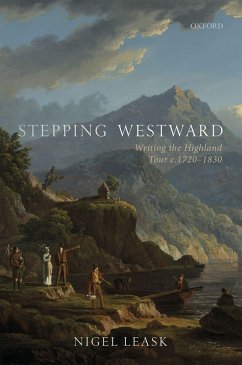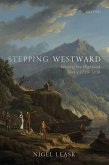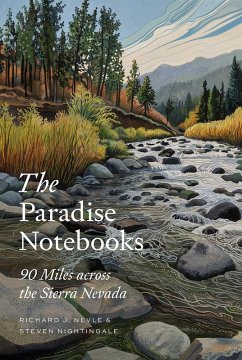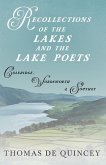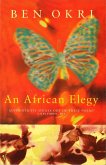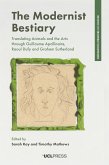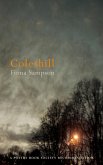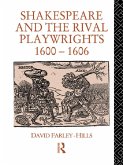Stepping Westward is the first book dedicated to the literature of the Scottish Highland tour of 1720-1830, a major cultural phenomenon that attracted writers and artists like Pennant, Johnson and Boswell, William and Dorothy Wordsworth, Coleridge, Scott, Hogg, Keats, Daniell, and Turner, as well as numerous less celebrated travellers and tourists. Addressing more than a century's worth of literary and visual representations of the Highlands, the book casts new light on how the tour developed a modern literature of place, acting as a catalyst for thinking about improvement, landscape, and the shaping of British, Scottish, and Gaelic identities. It pays attention to the relationship between travellers and the native Gaels, whose world was plunged into crisis by rapid and forced social change. At the book's core lie the best-selling tours of Pennant and Dr Johnson, associated with attempts to 'improve' the intractable Gaidhealtachd in the wake of Culloden. Alongside the Ossian craze and Gilpin's picturesque, their books stimulated a wave of 'home tours' from the 1770s through the romantic period, including writing by women like Sarah Murray and Dorothy Wordsworth. The incidence of published Highland Tours (many lavishly illustrated), peaked around 1800, but as the genre reached exhaustion, the 'romantic Highlands' were reinvented in Scott's poems and novels, coinciding with steam boats and mass tourism, but also rack-renting, sheep clearance, and emigration.
Dieser Download kann aus rechtlichen Gründen nur mit Rechnungsadresse in A, B, BG, CY, CZ, D, DK, EW, E, FIN, F, GR, HR, H, IRL, I, LT, L, LR, M, NL, PL, P, R, S, SLO, SK ausgeliefert werden.

